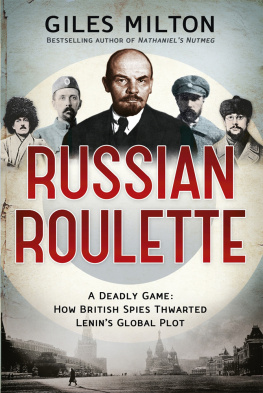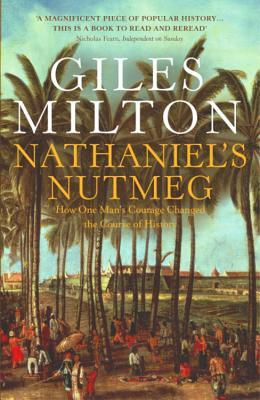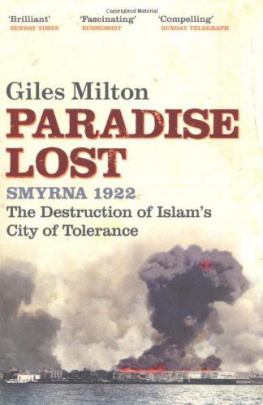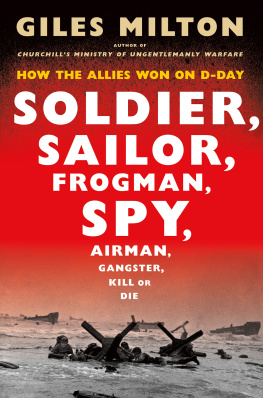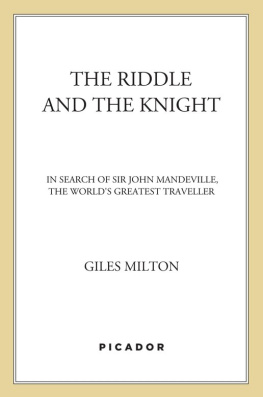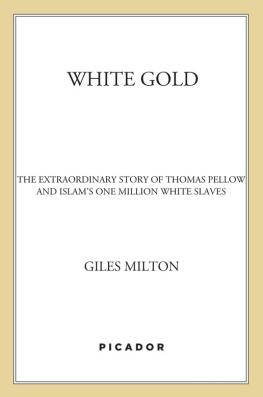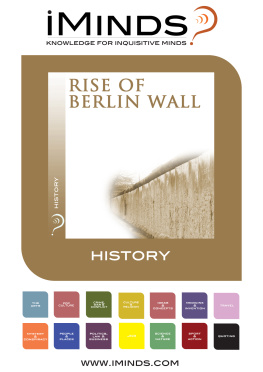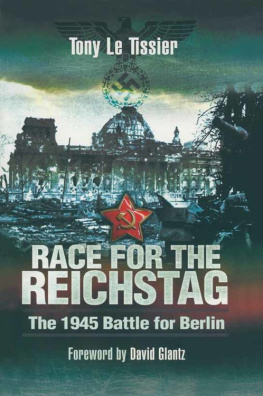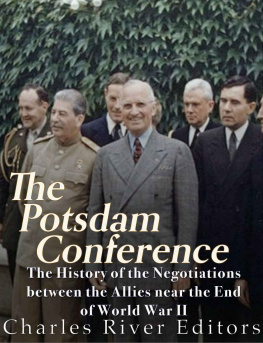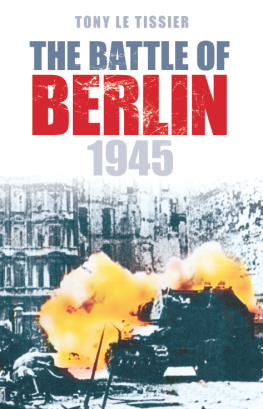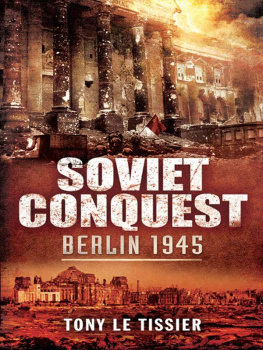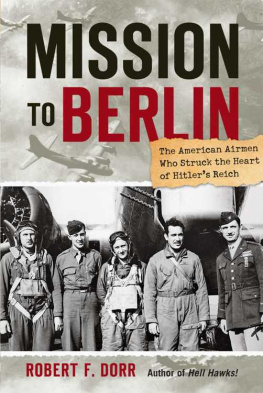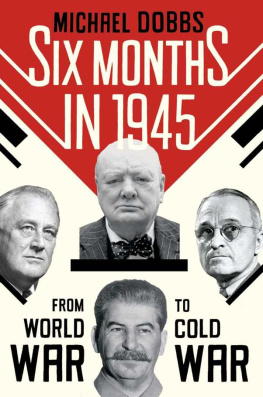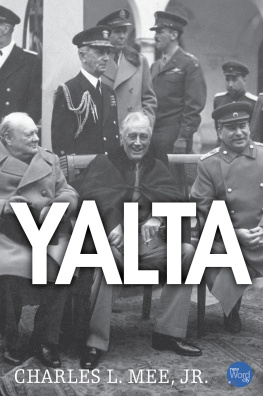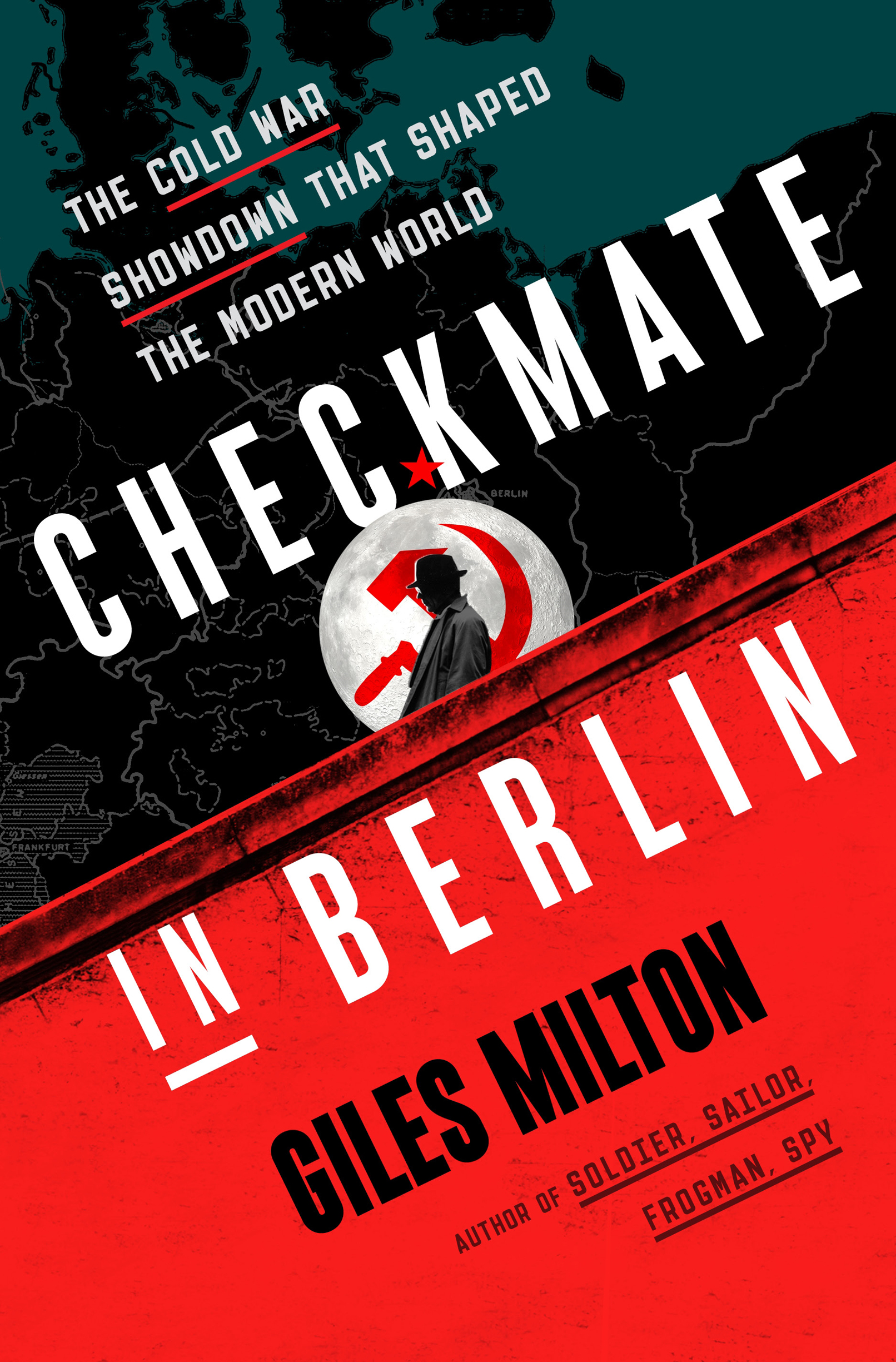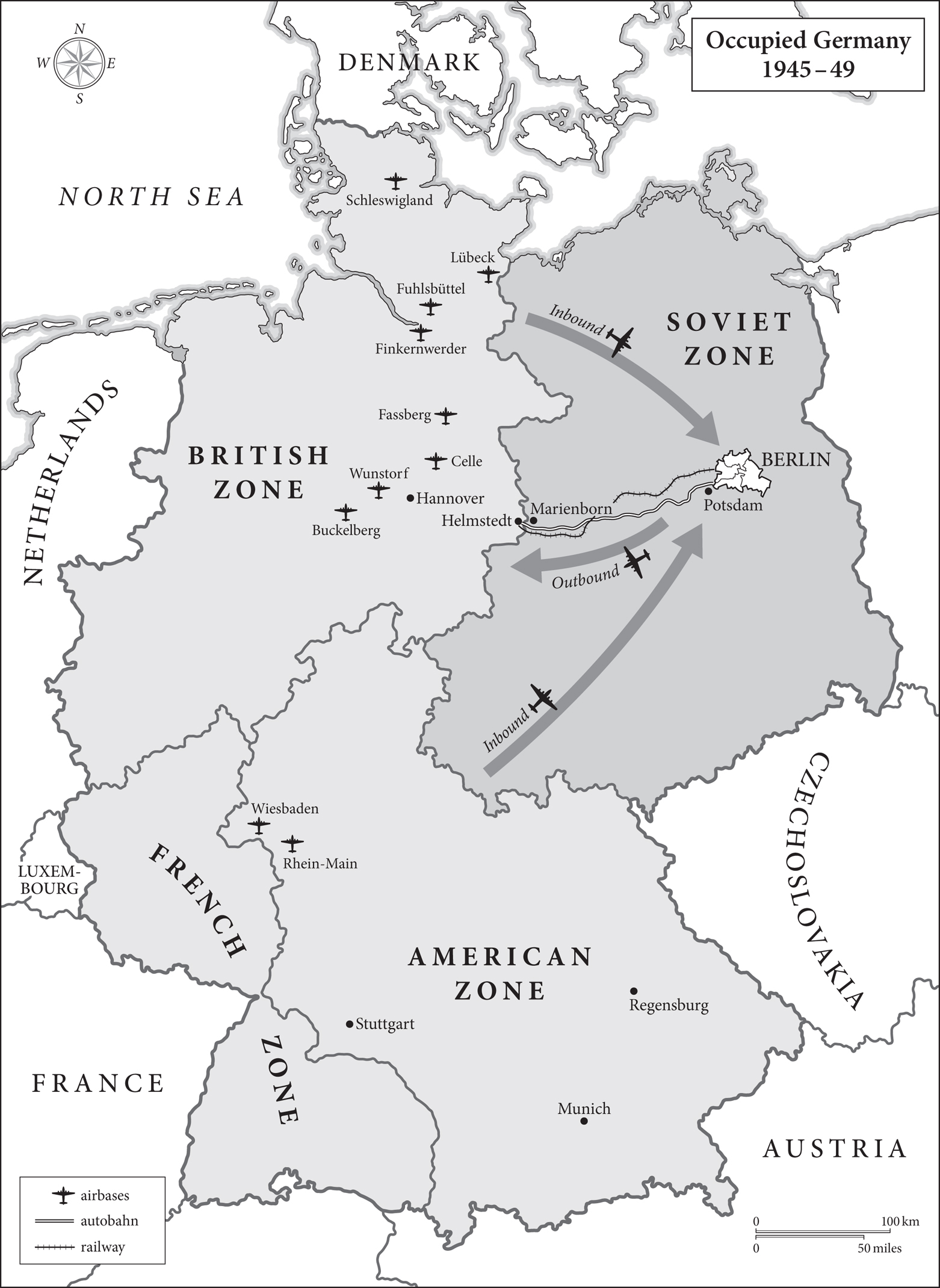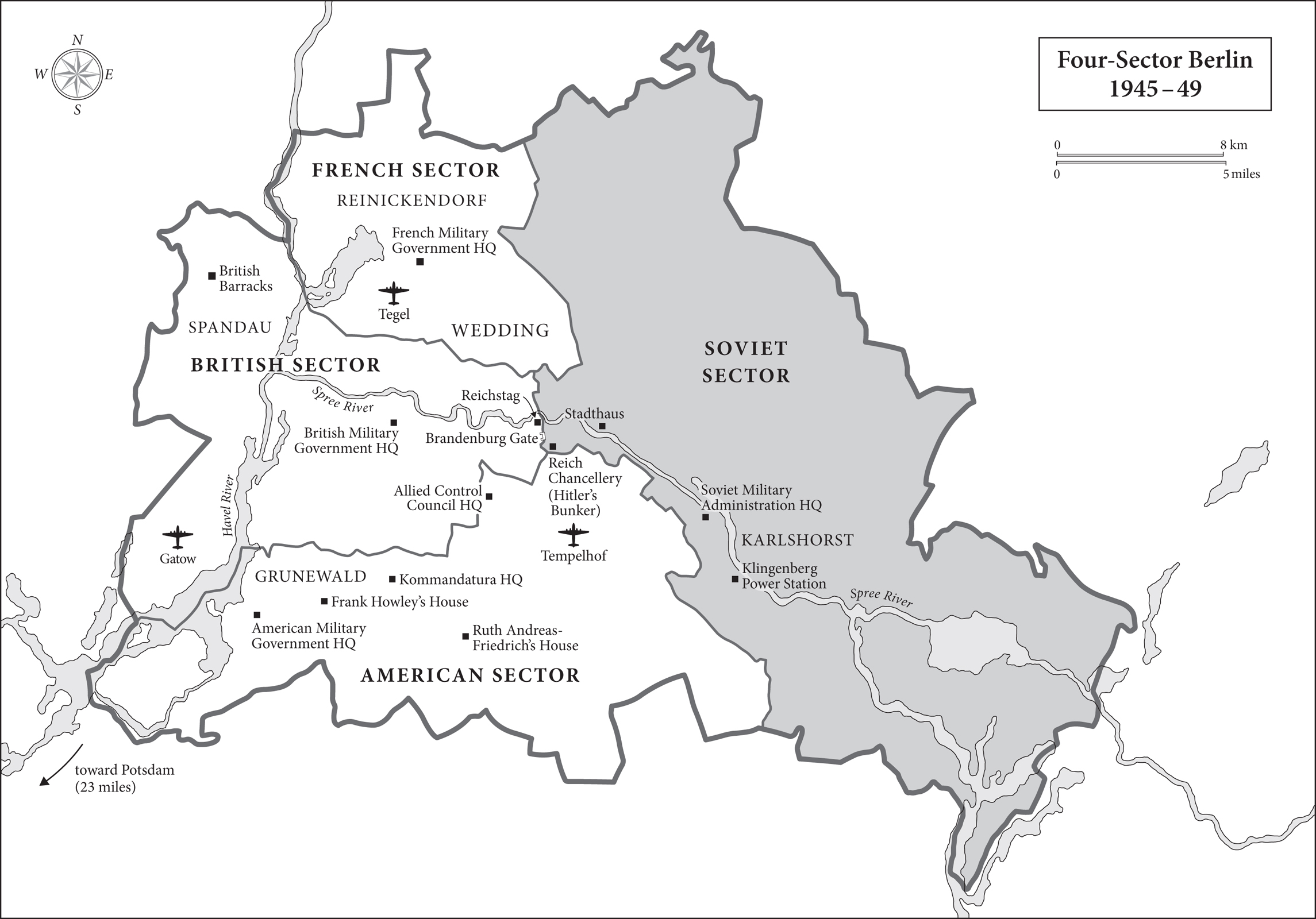Giles Milton - Checkmate in Berlin: The Cold War Showdown That Shaped the Modern World
Here you can read online Giles Milton - Checkmate in Berlin: The Cold War Showdown That Shaped the Modern World full text of the book (entire story) in english for free. Download pdf and epub, get meaning, cover and reviews about this ebook. year: 2021, publisher: Henry Holt and Co., genre: Detective and thriller. Description of the work, (preface) as well as reviews are available. Best literature library LitArk.com created for fans of good reading and offers a wide selection of genres:
Romance novel
Science fiction
Adventure
Detective
Science
History
Home and family
Prose
Art
Politics
Computer
Non-fiction
Religion
Business
Children
Humor
Choose a favorite category and find really read worthwhile books. Enjoy immersion in the world of imagination, feel the emotions of the characters or learn something new for yourself, make an fascinating discovery.

- Book:Checkmate in Berlin: The Cold War Showdown That Shaped the Modern World
- Author:
- Publisher:Henry Holt and Co.
- Genre:
- Year:2021
- Rating:4 / 5
- Favourites:Add to favourites
- Your mark:
Checkmate in Berlin: The Cold War Showdown That Shaped the Modern World: summary, description and annotation
We offer to read an annotation, description, summary or preface (depends on what the author of the book "Checkmate in Berlin: The Cold War Showdown That Shaped the Modern World" wrote himself). If you haven't found the necessary information about the book — write in the comments, we will try to find it.
From a master of popular history, the lively, immersive story of the race to seize Berlin in the aftermath of World War II as its never been told before
BERLINS FATE WAS SEALED AT THE 1945 YALTA CONFERENCE: the city, along with the rest of Germany, was to be carved up among the victorious powers the United States, Britain, France, and the Soviet Union. On paper, it seemed a pragmatic solution. In reality, once the four powers were no longer united by the common purpose of defeating Germany, they wasted little time reverting to their prewar hostility towardand suspicion ofone another. The veneer of civility between the Western allies and the Soviets was to break down in spectacular fashion in Berlin. Rival systems, rival ideologies, and rival personalities ensured that the German capital became an explosive battleground.
The warring leaders who ran Berlins four sectors were charismatic, mercurial men, and Giles Milton brings them all to rich and thrilling life here. We meet unforgettable individuals like Americas explosive Frank Howlin Mad Howley, a brusque sharp-tongued colonel with a relish for mischief and a loathing for all Russians. Appointed commandant of the citys American sector, Howley fought an intensely personal battle against his wily nemesis, General Alexander Kotikov, commandant of the Soviet sector. Kotikov oozed charm as he proposed vodka toasts at his alcohol-fueled parties, but Howley correctly suspected his Soviet rival was Stalins agent, appointed to evict the Western allies from Berlin and ultimately from Germany as well.
Throughout, Checkmate in Berlin recounts the first battle of the Cold War as weve never before seen it. An exhilarating tale of intense rivalry and raw power, it is above all a story of flawed individuals who were determined to win, and Milton does a masterful job of weaving between all the key players motivations and thinking at every turn. A story of unprecedented human drama, its one that had a profound, and often underestimated, shaping force on the modern world one thats still felt today.
Giles Milton: author's other books
Who wrote Checkmate in Berlin: The Cold War Showdown That Shaped the Modern World? Find out the surname, the name of the author of the book and a list of all author's works by series.

